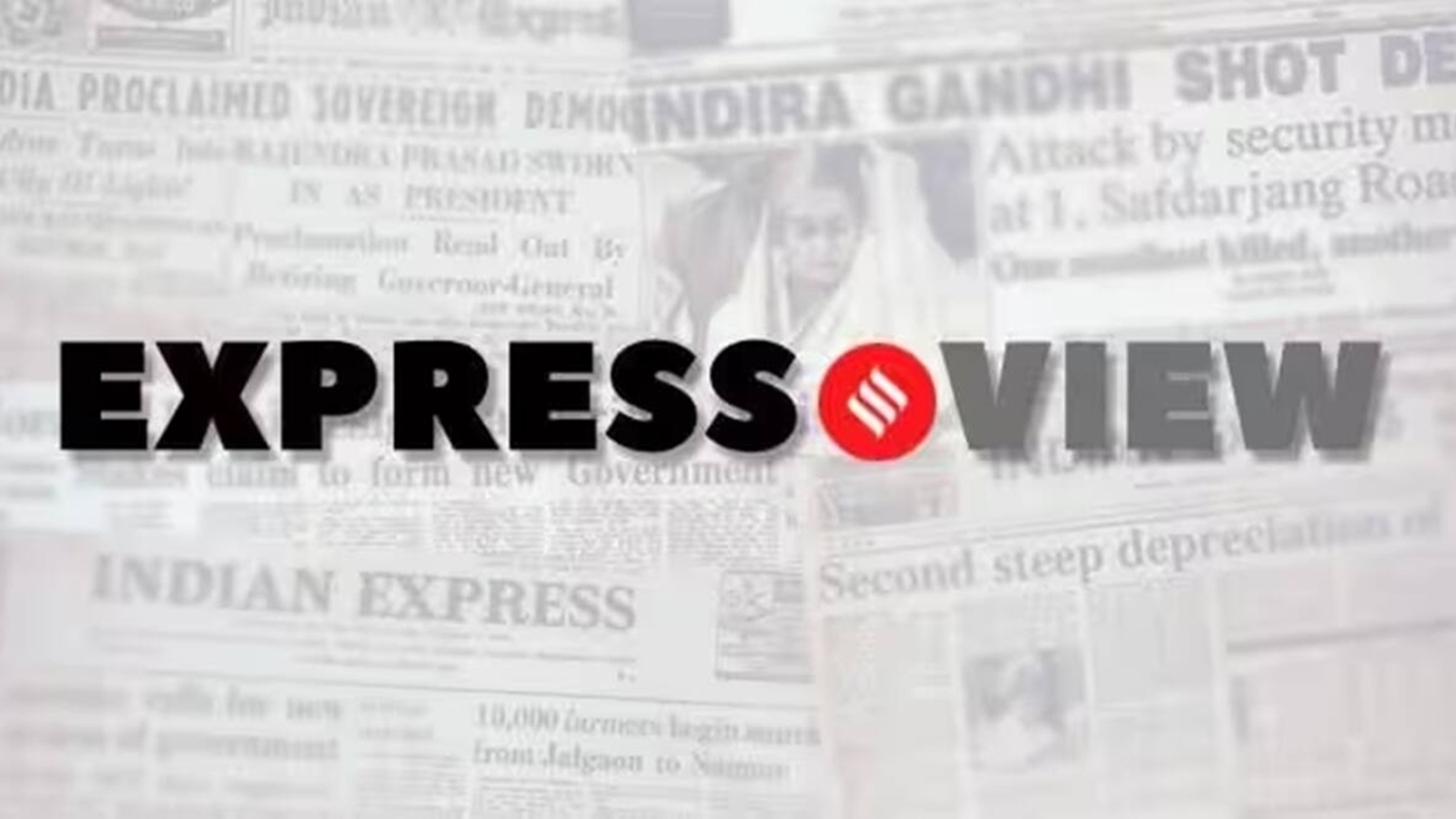On November 10, the Ministry of Information and Broadcasting sought comments on the draft Broadcasting Services (Regulation) Bill, which would bring traditional broadcasters as well as OTT content and digital news services under a single regulatory umbrella. This draft legislation proposes to replace the three-decade-old Cable Television Networks (Regulation) Act, 1995. As the Minister for Information and Broadcasting Anurag Thakur said on X (formerly known as Twitter), it would “streamline” the regulatory framework for a broadcast landscape that has seen vast changes over the last couple of years, with the development of new platforms such as DTH, IPTV and OTT. The purpose of the new “dynamic” law would be to ensure “ease of doing business”, while promoting “technological advancement and service evolution”, he said.
For those who would be most affected including the general public that has come to rely on the new digital services not only as consumers of entertainment and information, but also as creators, the government’s invitation for feedback is an opportunity to deliberate on some of its key features. One welcome provision addresses the needs of persons with disabilities, with guidelines recommending subtitles, the inclusion of audio-descriptions in video content and translation into sign language, among other measures . Other provisions, however, raise concerns about content restriction. Among them is the requirement for “any person who broadcasts news and current affairs programs through an online paper, news portal, website, social media intermediary, or other similar medium…as part of a systematic business, professional, or commercial activity” to adhere to the Programme Code and Advertising Code. Inadequately defined phrases and words like “half-truths”, “good taste” and “decency” must not be carried into the new law. Also a matter of concern are the measures proposed to “strengthen the self-regulation regime”, as part of which a Broadcast Advisory Council will be set up. Five officers representing different ministries will join an eminent independent person with experience in media, entertainment and broadcast and five other domain experts in this Council. The new piece of legislation must, therefore, find ways to ensure the Council’s autonomy.
Also ReadSmall-town investments drive the marketDubai climate conference has its task cut outSeeing through Euclid’s eye: The origins of the universeTo curb farm fires: Short-duration rice variety, polluter-pays principle
Any regulatory framework must be created keeping in mind the strengths of the Indian digital space — it has thrived on creativity and expression. It must also make sure that this space continues to generate lively engagement and debate, besides providing avenues of income for the many content creators who depend on it.
© The Indian Express Pvt Ltd


